Getting a cut, getting lined up, sitting with a barber — it’s a spiritual experience. The ability to sit back, close your eyes, and trust that the barber’s got you, is a special luxury. As Black men, this experience is universal. But we wondered: What happens when you bring together a group of Black men from different states to share their takes on this singular experience?
We spoke with a trio of men — Jamaal Wilson in New York; Charles Jackson in Texas; and Michael Stiggers in Georgia — and were surprised at how similar, and yet different, their barbershop experiences were. Geographic differences seem to show up in contrasts around where (and how) hair was cut.
New York City-bred Wilson found that accessibility to barbershops was dependent on what neighborhood of the city one was in. Living in Brooklyn and Queens provided greater access than was found out in the suburbs of Long Island.
Jackson talked about his access to barbershops being influenced less by geography, and more by socioeconomics. Most of his barbers in Texas were located in lower income neighborhoods.
“Everyone knew that if you went to an upscale neighborhood,” says Jackson, “they were going to mess up your hair because they aren’t real barbers — real meaning that you can cut every kind of hair, not just white people’s.”
Stiggers, from Georgia, grew up with barbers mostly working out of their respective homes. For example, he would often get his hair lined up by his cousin, but “would switch it up every now and then, as he wasn’t the most reliable.” If not going to a person’s home, Stiggers said guys he knew would most likely head to their small-town barbershop, Mr. Myron’s.
Overlapping barbershop experiences were most common in two areas: conversations and community. All three men talked about their favorite barbers taking more time on their hair, and viewed getting a haircut as a social event, centering around community gossip and conversations about news and sports.
Wilson was happy that his barber took great care in making sure every cut was as sharp as the last. But sometimes, he admits, “barbers would take their time with clients talking, watching the game, getting into heated arguments about the latest events — and that can stretch your appointment from half an hour to an all-day event!”
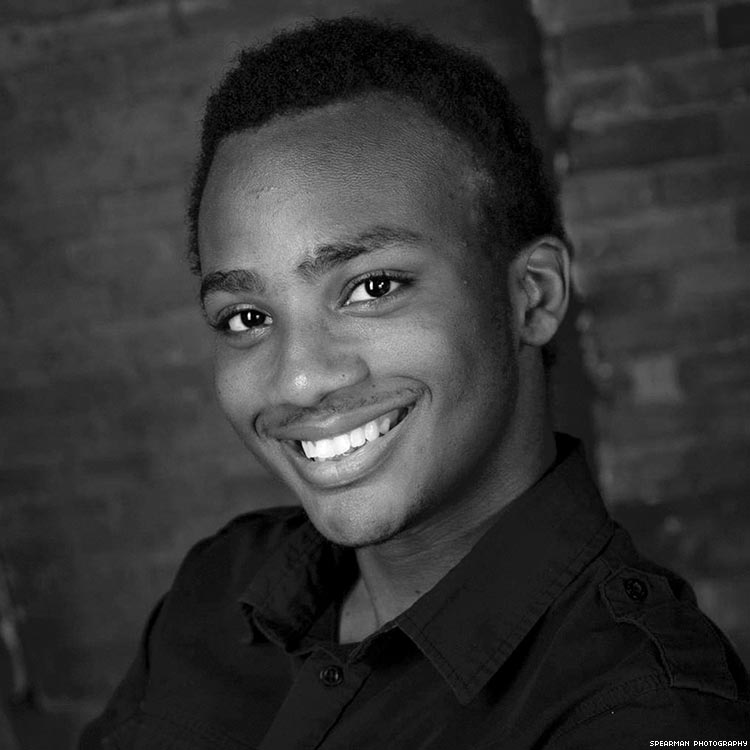
“Growing up in a small town, I think the barbershop was very much a place where Black men would gather — outside of church — where I spent most of my time as a youth,” Stiggers said.
Wilson spoke of the masculine energy that would fill the barbershops he visited, and the way an attractive woman could completely alter the vibe. He recalled that when a woman walked into the shop, the flirting would skyrocket and excitement filled the air. Even the barbers would watch her use the shop as a personal runway, knowing the power she held in that space. The men would have to stop everything they were doing and catch their breath.
Jackson also talked about a sense of brotherhood and camaraderie in his local shop, but he says things have changed a little since he grew up. “Now that I’m older, I have opinions on the debates and controversial conversations that are started in the barbershop, and my barber and some of the customers have had some opinions that I completely disagree with and I just have to play it off and not put out my opinion because it’ll make everything awkward.”
“Shop dynamic” was something that came up multiple times in our discussions, in that any one person could change the mood of the barbershop, for better or worse.

“It would sometimes be a jovial environment where men could be men,” Wilson said. “Well, until someone like an openly effeminate gay man would enter the space and the mood would completely change. Suddenly, cryptic looks were bounced around and the energy would struggle to find its way back.”
But when someone well-known would come in to keep the party alive, energy was up and spirits were high.
In small-town Georgia, everyone knew everyone. Stiggers, the son of a pastor, talked about the difference in the shop dynamic when his father was present, saying it was “common that most conversations around sports, news, and general gossip would became a little more tame when my father was around, just because most brothers didn’t want to look disrespectful to the pastor.”
Nowadays, these men have settled (mostly) on a regular barber. Wilson travels frequently for work, so when he’s in New York, he’s able to reconnect with his favorite guy. They’ve got a great rapport, Wilson said, and his barber knows exactly what he wants, so Wilson is able to sit back, relax, and let his guy do the work. Jackson had always remained loyal to his barber at home, but admitted that, since the guy moved to a more upscale location and now works on a system where clients pay $500 (upfront) for a year’s worth of cuts he had to switch to another barber.
In New York, Stiggers regularly sees an out gay barber who takes his time and treats every client with respect. Seeing him got Stiggers thinking about the toxic masculinity he sees in the Black barbershop world — gay or not.
“Both are completely acceptable in the Black community, and I think we’re in a time now where those worlds can come together, to be inclusive of each other,” says Stiggers. “Kill the toxic masculinity that still exists in some parts of the culture and it will open up more opportunities…. At the end of the day, something as simple as a haircut can change a man’s whole outlook, no matter who they are.”
It seems as though the one frayed line of these linked experiences points to gender expectations about what’s masculine vs. what’s feminine, who is allowed to express masculinity or femininity, and whether such expressions have a place in the barbershop. Let’s hope the inclusivity continues, so the gap can be bridged.
Jackson noted that, at least in some places, the barbershop culture has started to change: “A lot of barbershops used to be owned by someone like an older gentleman, who kept the other barbers in line and helped curate a family vibe that lent more to the culture. These days, the owners might be younger and are cultivating a more business acumen that might be detrimental to the laidback culture.”
What will barbershops look like in the future, and will today’s Black youth still have the barbershop experience that our three guys shared? Only time will tell.


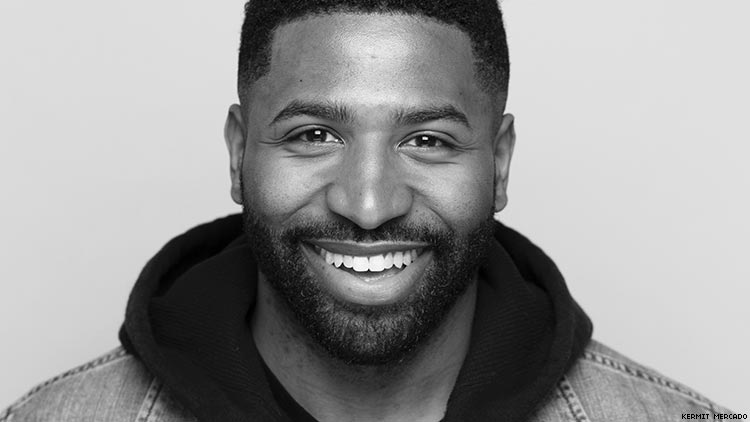


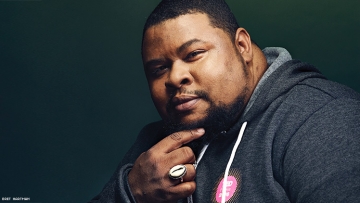
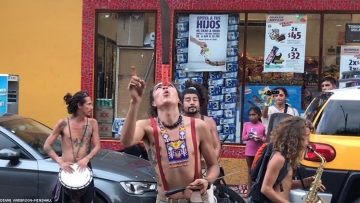
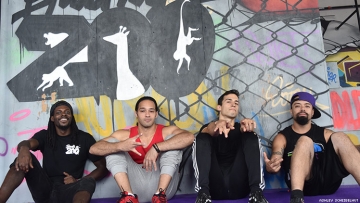
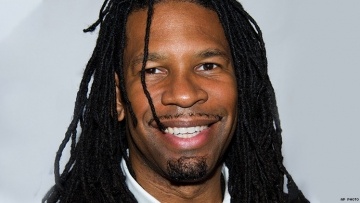
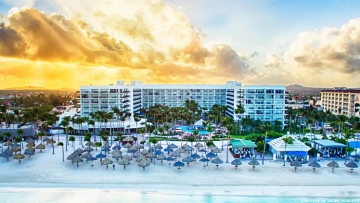
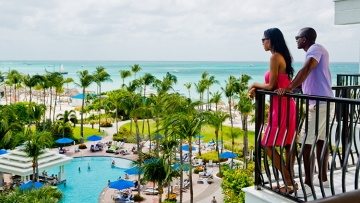
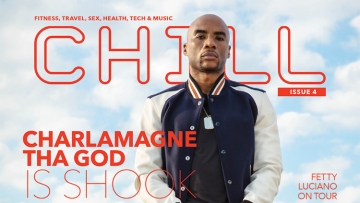
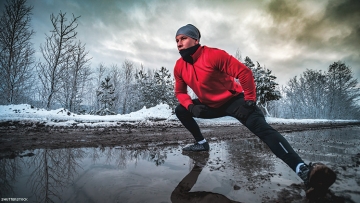


READER COMMENTS (